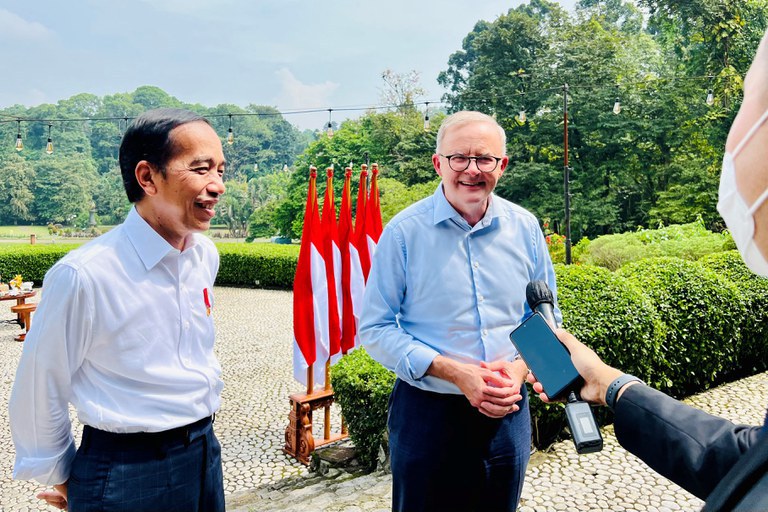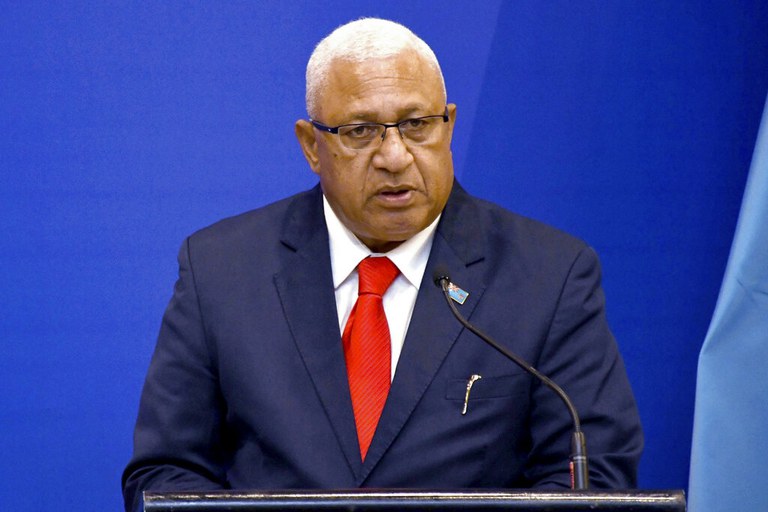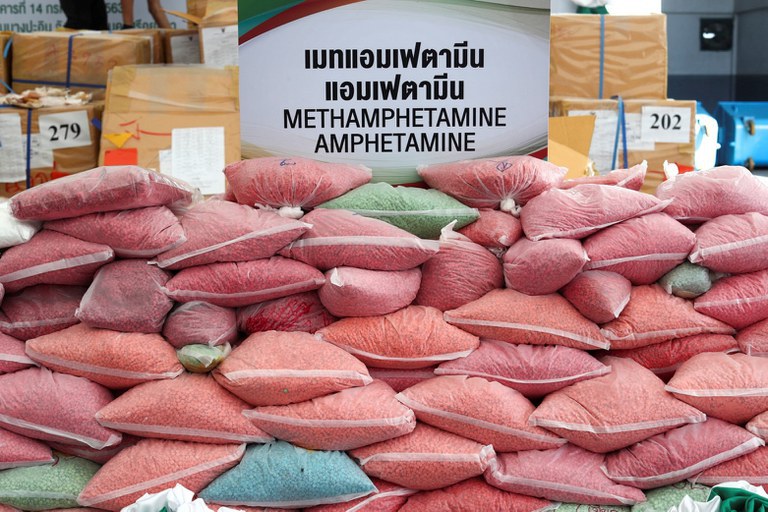Cambodia and China deny that Beijing is building secret facility at Ream Naval Base
China is not secretly building a military facility for its exclusive use inside a naval base Cambodia, a government spokesman said, dismissing a new report that detailed how both countries have been concealing a project that first gained U.S. attention in 2019. The Washington Post reported on Monday that China is building a new facility–its second overseas military installation after a base in Djibouti–on the northern part of Ream Naval Base on the Gulf of Thailand, where Cambodia will host a groundbreaking ceremony on Thursday. The newspaper quoted a Chinese official in Beijing as saying that “a portion of the base” will be used by “the Chinese military.” The official denied it was for “exclusive” military use, telling the Post that scientists would also use the facility. Cambodian government spokesperson Phay Siphan echoed the Beijing official’s denial that it would be for exclusive Chinese military use. “There is no agreement or law saying that the construction is reserved for Chinese benefit exclusively,” he told RFA’s Khmer Service. He said the base remains open for visits from other countries, including the United States, but the Post report said Cambodian and Chinese authorities have worked hard to hide the Chinese presence in Ream, keeping the Chinese areas off limits to third-country visitors and altering their dress to avoid scrutiny. Ream base became the center of controversy in July 2019 after The Wall Street Journal cited U.S. and allied officials as confirming a secret deal to allow the Chinese to use part of the base for 30 years—with automatic renewals every 10 years after that—and to post military personnel, store weapons and berth warships. The reported deal, which would provide China with its first naval staging facility in Southeast Asia and allow it to significantly expand patrols on the South China Sea, was vehemently denied by Hun Sen, who said permitting foreign use of a military base in the country would “be in full contradiction to Cambodia’s constitution.” Last year, U.S. Deputy Secretary of State Wendy Sherman voiced concern about the Chinese military presence at Ream Naval Base during a visit to the country, citing Cambodia’s razing of two U.S.-constructed buildings on the base in 2020. After meeting with Prime Minister Hun Sen, she arranged for the U.S. Embassy to send its defense attaché for regular visits. Ten days later, the attaché arrived at the base, but he cut the tour short when he was not allowed full access, including to the sites of the two buildings. The U.S. had offered to renovate one of them, and the choice to destroy it suggested that Cambodia had accepted Chinese assistance to develop the base, a Pentagon report released last year said. A Cambodian official told RFA at that time that Cambodia never agreed to give the attaché a full tour, and that the U.S. had committed a breach of trust for asking more than what was agreed upon. Exiled political analyst Kim Sok told RFA that Cambodia and China are hiding the truth with their denials. “If any suspicions about the Chinese naval base are not resolved, Cambodia could face serious consequences—not only a diplomatic crisis in the form of pressure from the U.S.—but also it will lead to a security crisis. This will affect regional issues if there is no solution,” Kim Sok said. The base will bring more Chinese into Cambodia for purposes other than tourism or business, Cambodian-American rights activist and legal expert Theary Seng told RFA. “The Cambodian political situation is fragile, especially in terms of building good communication with the free world, because the ruling party dissolved its competitors to bolster the dictatorial regime. This has enabled China to [pounce on] the opportunity to increase its influence [in the region],” she said. Australia-based political scientist Carl Thayer said the semantics don’t change the situation. “Ream Naval Base is a Cambodian base on its own territory. Are they allocating a section that China can use? And if so, can Cambodians gain access to it without seeking prior permission?” he asked. “So Hun Sen says it’s not a base, it is a facility, and it’s still a base. Or [as] Shakespeare [said], ‘A rose by any other name would smell as sweet,’” added Thayer, an emeritus professor at the University of New South Wales in Australia. “A Chinese navy base in Cambodia, if it’s called a facility, it’s still a Chinese navy base,” he said. Translated by Samean Yun. Written in English by Eugene Whong.







